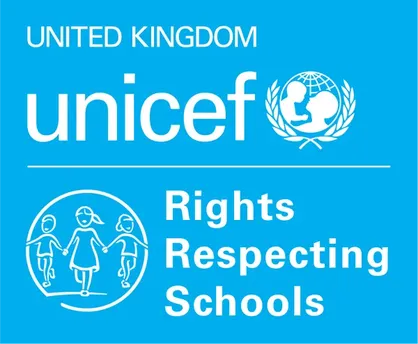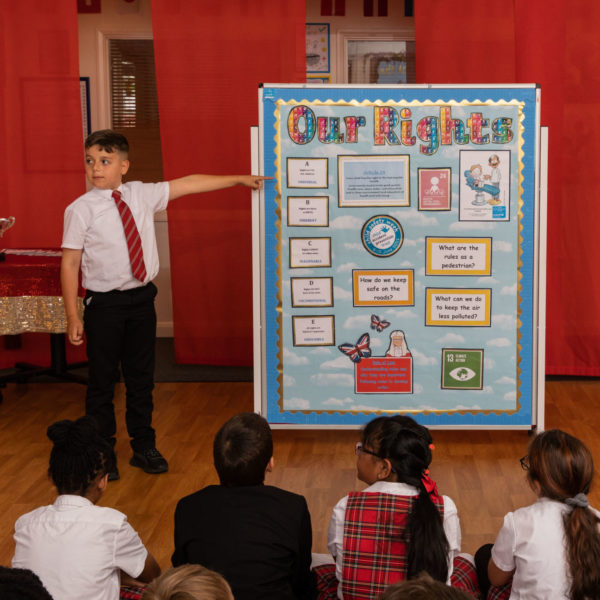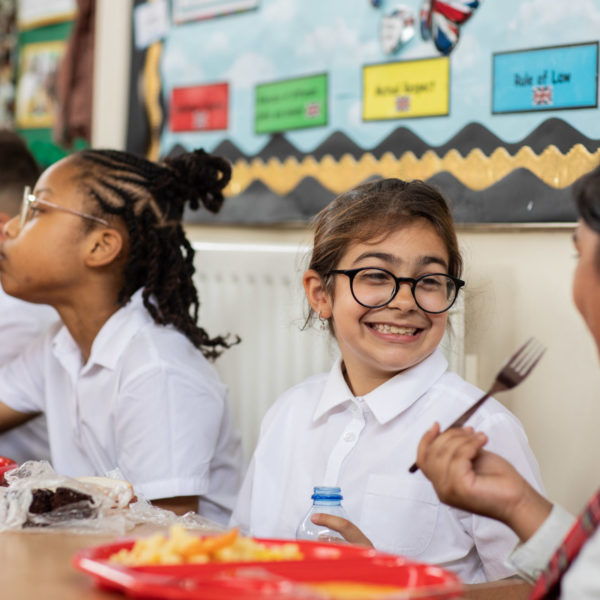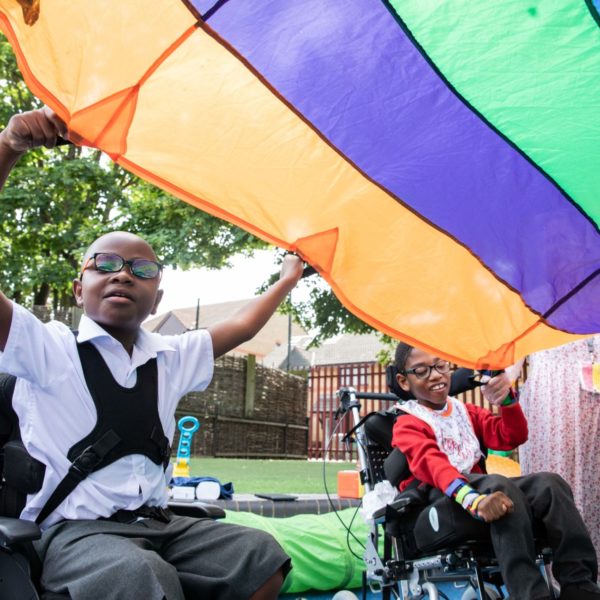Commitment to children’s rights has underpinned a journey of rapid improvement at Saltley Academy, Birmingham.
In 2014 the school was put in ‘special measures’ after being caught up in the Trojan Horse affair. Once in ‘special measures’ Saltley was taken over by Washwood Heath Multi Academy Trust and technically became a new school.
Fast forward to February 2018 the secondary schools’ improvement was recognised with a ‘good’ Ofsted inspection in which inspectors praised the school’s development of physical and emotional well-being as well as spiritual, moral, social and cultural development. The report acknowledged that work done in this area was closely linked to the Rights Respecting Schools Award (RRSA). And Saltley’s extraordinary journey of improvement was completed in June that year when they were awarded Gold: Rights Respecting.
A new direction
At the time of starting on their rights respecting journey Saltley needed a new direction. UNICEF UK and the UN Convention on the Rights of the Child provided that direction and headteacher, Pete Weir, says that along with the hard work of staff and students, RRSA has played an integral role in going from ‘special measures’ to ‘good’ in just three years.
He said: “RRSA comes through in all aspects of school life; rights are a drum beat within the school. They are ubiquitous but not in an artificial way; it has influenced what we do and how we do it. During the inspection Ofsted asked the students, ‘What’s special about Saltley?’ and they said, ‘It’s that we are Rights Respecting.’”
"During the inspection, Ofsted asked the students, ‘What’s special about Saltley?’ and they said, ‘It’s that we are Rights Respecting.’”
“Rights gives us a common language, so when behaviour or relationships breakdown we can focus on the right of people to be treated a certain way, to not be discriminated against, or to receive their right to education. The RRSA has not only transformed relationships and behaviour, it has also developed teaching and learning and it underpins initiatives and threads through many aspects of the curriculum.”
A pledge to put rights into action
Key policies around spiritual, moral, social and cultural development, teaching and learning and safeguarding are all influenced by child rights. The process of putting rights into a meaningful context takes place through the daily routine of rights in lessons, in assemblies, and in agreements that have been formed between students and adults.
“We have a pledge that captures what we are going to put into action,’ says Pete, ‘Everyone signs up to that pledge of respectful behaviours. We live by that pledge, we refer to it when things go right and when they go wrong. Everything we do moves outwards from rights and when you approach it through that lens it becomes ‘we are rights respecting; therefore, we do these things.’”
Having that context means that seemingly separate initiatives are joined up through child rights. This year the school plans to undertake a scheme of work on LGBT issues with Stonewall and that work is happening within the context of Saltley Academy being a Rights Respecting School.
“We are evangelical about rights and we want to keep leading in this area. We are now spreading an RRSA approach out to the other schools within our academy trust. And the fact that we are evangelical about it means that we have to keep on our toes!”
The difference for young people
Astrid Edwards, Lead for RRSA at Saltley, has been part of RRSA work from the start when CEO of the Trust asked her to go on a UNICEF UK training course. She is passionate about the difference that being rights respecting has made to students and the whole school.
She says, “It has made a difference to everything; safeguarding, quality of life, the way young people refer to each other, corridors are calmer and exam results are improved.”
“Our young people have always been involved in pupil leadership at Saltley, but when this is further embedded by rights students understand they have a voice that they can use to influence. School is their community, part of their life, and rights underpins everything the school believes in.”
Astrid feels that more secondary schools would benefit from becoming rights respecting. She says: “If you get it right there is so much mileage for children. Saltley has become a beacon for rights in the area, our success at Gold shows other schools they can do it too and being rights respecting can transform attitudes.”
Pete agrees but emphasises that it is a process. “What’s important to say is that it was a journey,’ he says.
“Sometimes schools do this thing when they get to ‘good’ and then decide that now is the time to take on projects or initiatives. If a school in is special measures, then they might feel like they need to concentrate on improvement. But for any school that wants to strength its core purpose, this can strengthen it when you let it into every area of school life.”
Saltley Academy features on Channel 4’s The Great British School Swap, a radical experiment that explores racial segregation in Britain where pupils from schools in very different areas swap places.






